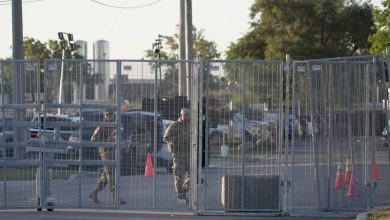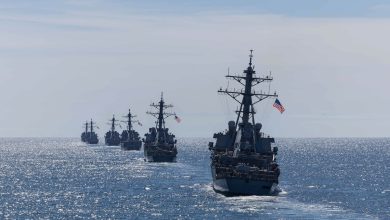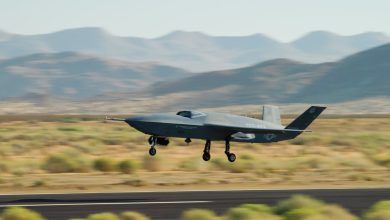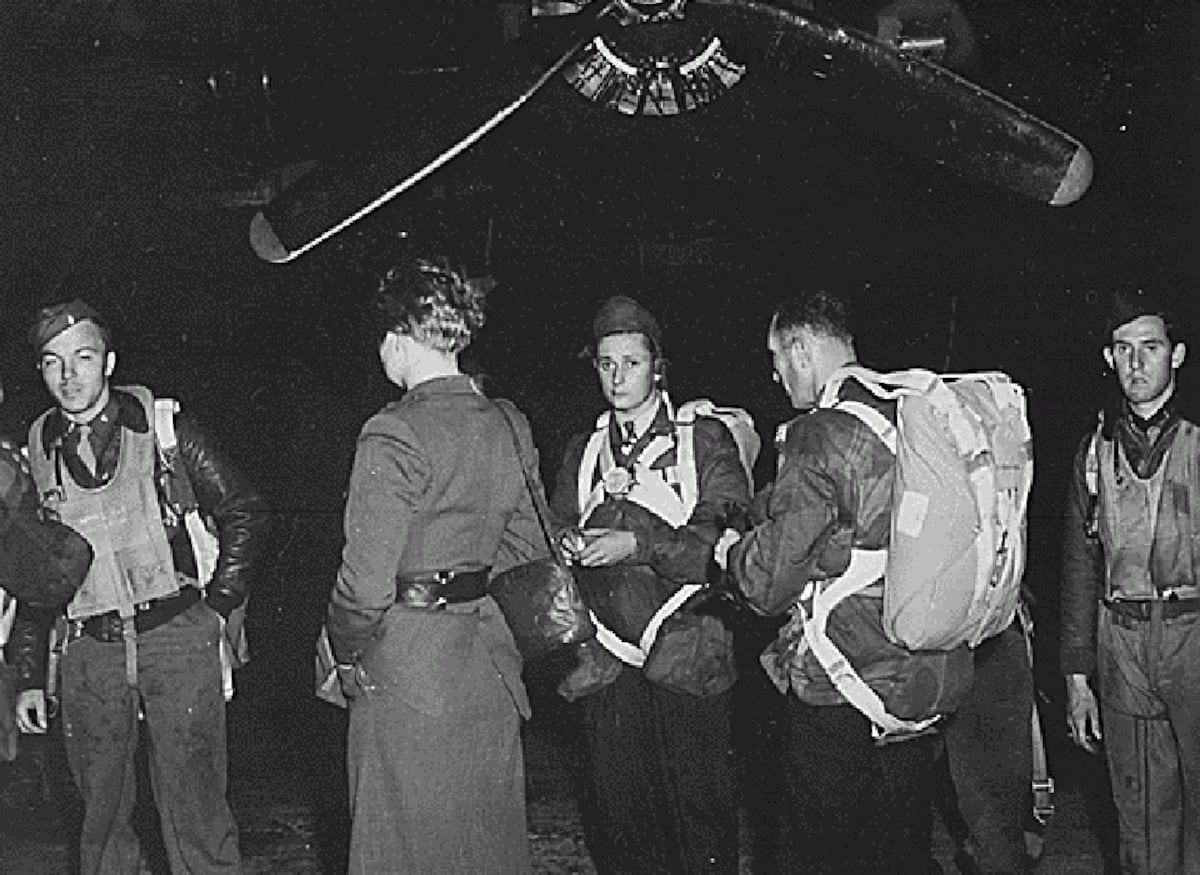DOD civilians await decision on commissary shopping privileges
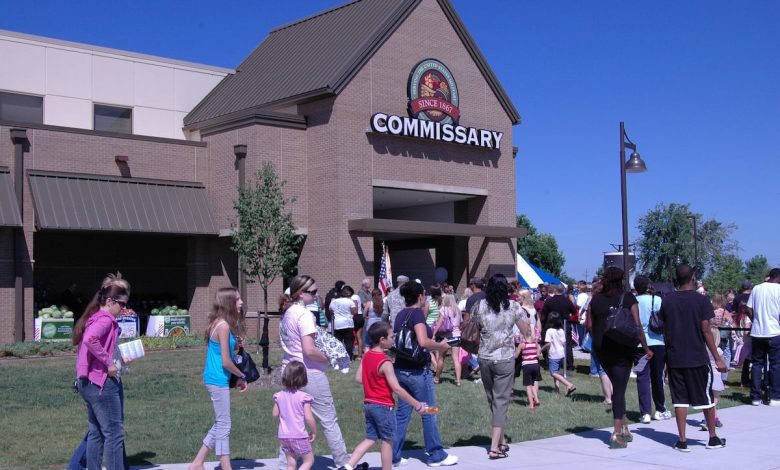
Despite the rumors, Defense Department officials haven’t yet made a decision on whether to expand shopping privileges at their discount grocery stores to all DOD civilians.
An ongoing pilot program at 16 commissaries, launched in December 2024, is still scheduled to run through the end of the year, according to commissary officials. As of Aug. 12, sales have increased at the pilot stores by 4.98%, or $11.4 million, since then.
The pilot program is designed to test the feasibility of expanding commissary access to DOD civilians at all commissaries in the continental United States. But shoppers in at least one location in Hawaii were under the mistaken impression that DOD civilians would be allowed to shop there as of Aug. 15. A posting at the Pearl Harbor commissary before that date informed customers that an authorization to expand privileges hadn’t been approved.
No stores in Hawaii are part of the pilot program.
“We are closely monitoring this pilot and reporting the effects of this increased patronage monthly to the assistant secretary of defense for manpower and reserve affairs,” said commissary director and CEO John E. Hall, in a statement provided to Military Times. Among other things, officials are monitoring whether the pilot program causes any shortages of products on the shelves.
Hall said the agency “continues to reflect the Department’s focus on delivering the highest savings possible for our priority patrons — our service members in uniform and their families.”
Commissary officials said they don’t have shopper demographic data that shows what percentage of eligible DOD civilians are shopping in the 16 stores .
However, in April, commissary officials told Military Times that about 11% of the more than 61,000 DOD civilians eligible to shop at these stores had used the benefit in the first four months of the pilot program, which was originally scheduled to end April 4. Sales across the 16 pilot stores at that time had increased by 5.4% in those four months, officials said.
The stores with the highest usage of the DOD civilian pilot program are Naval Air Weapons Station China Lake, Calif., officials said, where those sales account for nearly 24% of overall store sales; Marine Corps Logistics Base Albany, Georgia, where those sales account for 16% of overall sales; and Naval Support Facility Dahlgren, Va., with those sales at 11% of overall sales.
Allowing DOD civilians to shop in the commissaries is expected to provide additional customer savings through increased sales volume, lower prices and more promotions from suppliers, commissary officials have said.
Civilian employees, including appropriated fund employees and non-appropriated fund employees, can shop at the 16 stateside stores participating in the program as long as they have DOD identification. The pilot program excludes family members of DOD civilian employees and former and retired DOD civilians. DOD civilians can’t purchase tobacco or alcohol products, and they don’t have online commissary shopping privileges.
The 16 stores are located in seven states:
• Alaska: Eielson Air Force Base
• California: Naval Air Weapons Station China Lake and Fort Irwin
• Georgia: Marine Corps Logistics Base Albany and Robins Air Force Base
• Maryland: Naval Air Station Patuxent River
• Oklahoma: Altus Air Force Base
• Texas: Laughlin Air Force Base
• Virginia: Naval Support Facility Dahlgren; Joint Base Langley-Eustis (Fort Eustis and Langley Air Force Base commissaries); Fort Gregg-Adams; Joint Expeditionary Base Little Creek-Fort Story (Little Creek commissary); Naval Station Norfolk; Naval Air Station Oceana; and Norfolk Naval Shipyard (Portsmouth)
Since 2021, DOD and Coast Guard civilians have been able to shop at military exchanges, if they have a Common Access Card. Retired DOD and Coast Guard civilians can shop only online in exchanges.
Meanwhile, privatization of commissaries and exchanges has come to the forefront of discussions in light of an April 7 memo from Deputy Secretary of Defense Steve Feinberg on restructuring the DOD civilian workforce, which stated, “All functions that are not inherently governmental (e.g. retail sales and recreation) should be prioritized for privatization.”
Exchanges support themselves almost completely with sales income, while the commissary system receives about $1.5 billion a year in taxpayer dollars to provide savings on groceries for the military community.
Karen has covered military families, quality of life and consumer issues for Military Times for more than 30 years, and is co-author of a chapter on media coverage of military families in the book “A Battle Plan for Supporting Military Families.” She previously worked for newspapers in Guam, Norfolk, Jacksonville, Fla., and Athens, Ga.
Read the full article here





